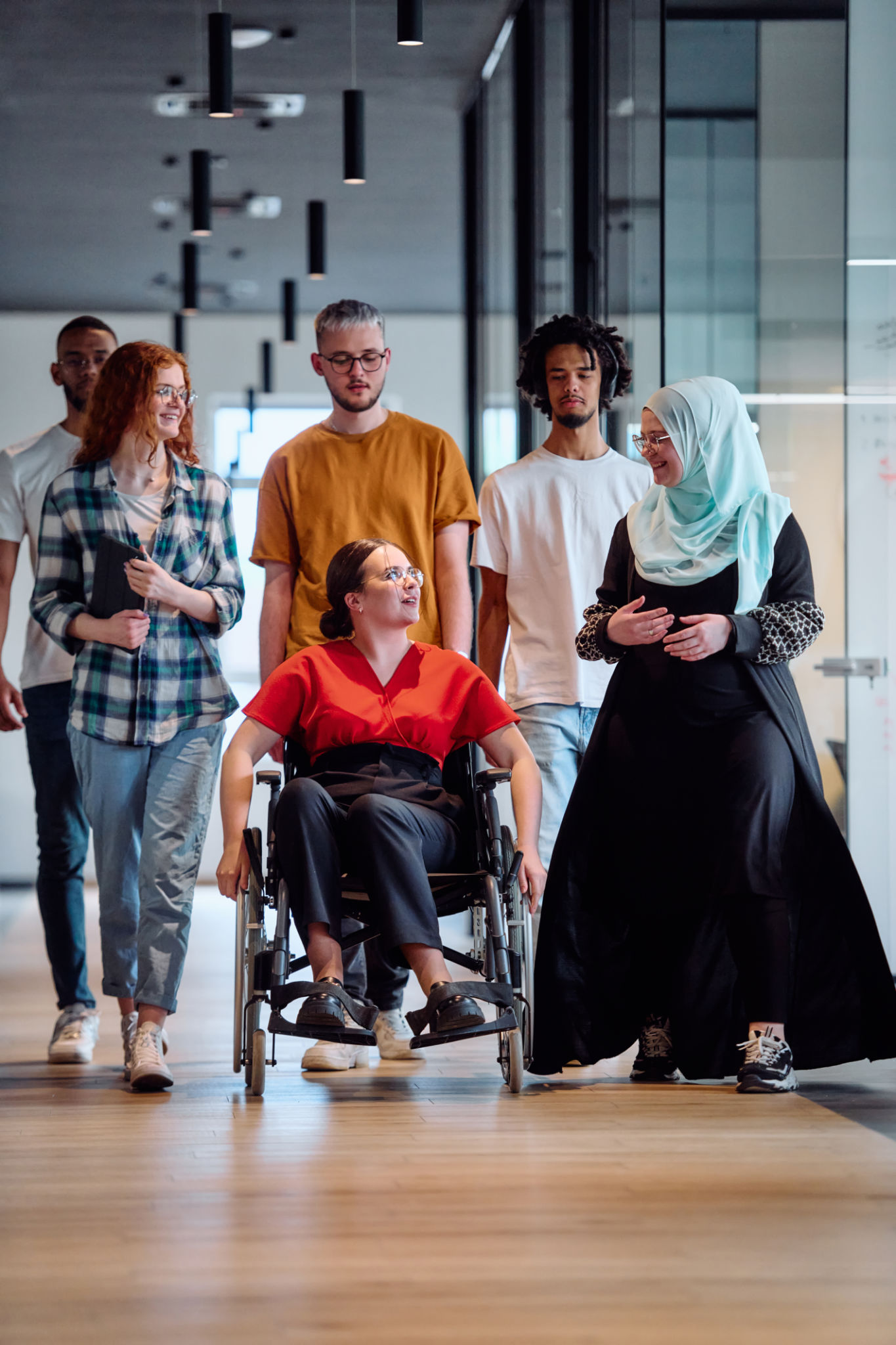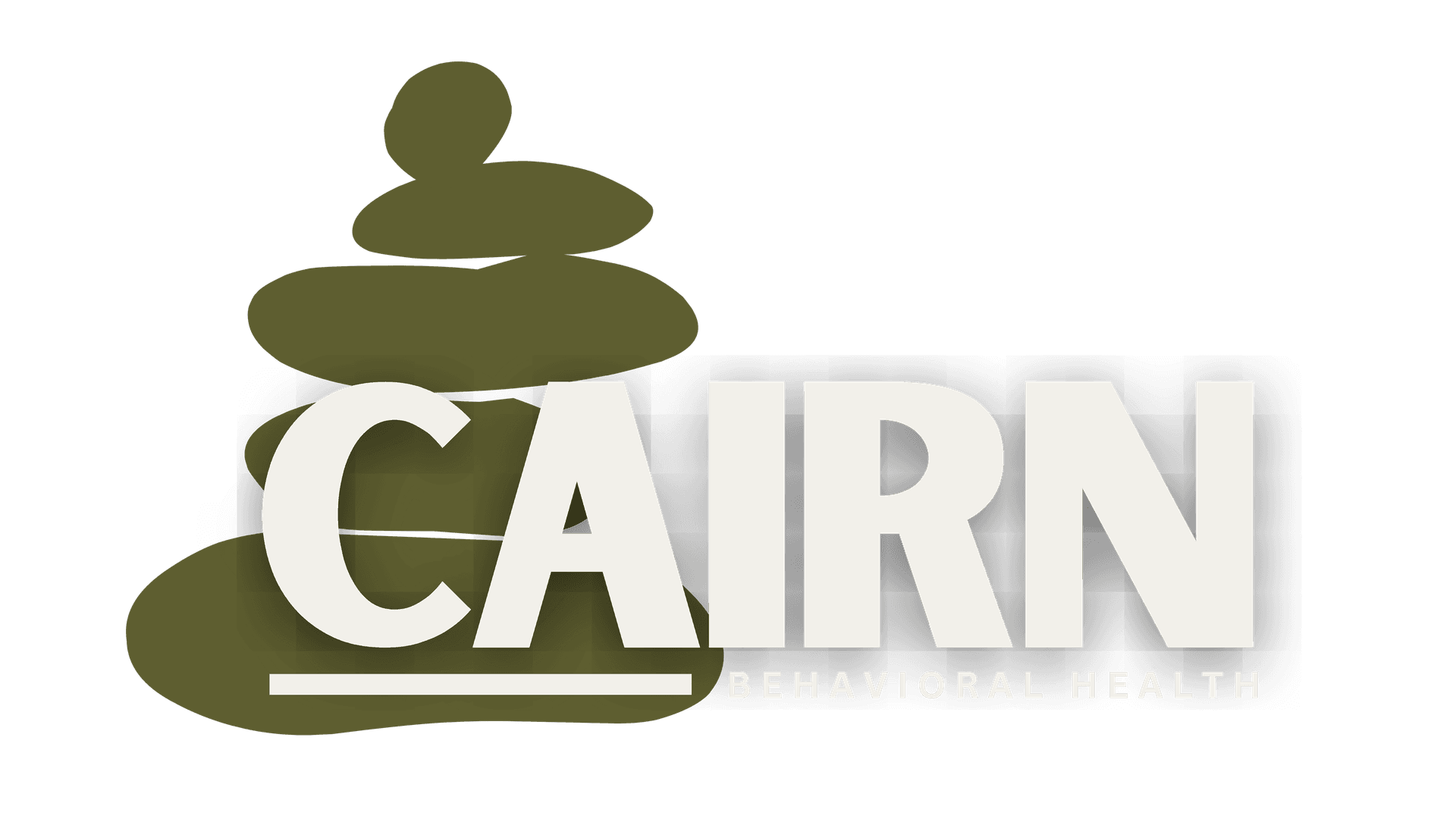Empowering Voices: Advocacy for People with Disabilities in Community Settings
The Importance of Advocacy for People with Disabilities
Empowering individuals with disabilities through advocacy is crucial in ensuring that their voices are heard and their rights are respected. Advocacy plays a vital role in promoting inclusion, accessibility, and equality within community settings. By championing the rights of people with disabilities, we can create a more inclusive society where everyone has the opportunity to thrive.
Advocacy is not just about speaking up for others; it empowers individuals with disabilities to become advocates for themselves. This self-advocacy is essential as it enables them to express their needs, desires, and aspirations. Encouraging self-advocacy fosters a sense of autonomy and confidence, allowing individuals to navigate their environments more effectively.

Building Inclusive Communities
Creating inclusive communities involves more than just physical accessibility; it requires a cultural shift towards acceptance and understanding. Advocacy organizations work tirelessly to raise awareness and educate the public about the challenges faced by people with disabilities. Through workshops, seminars, and community events, these organizations promote empathy and inclusivity.
One of the key aspects of building inclusive communities is ensuring that public spaces are accessible to all. This includes not only physical access but also access to information and services. Advocacy efforts often focus on pushing for legislation that mandates accessibility standards in buildings, transportation, and communication platforms.

Empowering Through Education
Education is a powerful tool in advocating for the rights of people with disabilities. By providing educational opportunities tailored to their needs, we can empower individuals to achieve their full potential. Schools and educational programs that prioritize inclusivity help dismantle barriers and create an environment where all students can succeed.
Furthermore, advocacy efforts often include training programs for educators and employers to better understand the needs of people with disabilities. These programs aim to equip them with the skills necessary to provide appropriate support and accommodations, fostering a more inclusive educational and workplace environment.

The Role of Technology in Advocacy
Technology has emerged as a powerful ally in advocacy for people with disabilities. Assistive technologies, such as screen readers, speech recognition software, and mobility aids, have revolutionized the way individuals interact with their environment. These tools not only enhance accessibility but also empower individuals to participate more fully in community life.
Advocacy organizations are increasingly leveraging technology to amplify their message and reach a broader audience. Social media platforms, for example, provide a space for people with disabilities to share their stories, connect with others, and raise awareness about their experiences. This digital advocacy is instrumental in building global networks of support and solidarity.
The Impact of Policy Change
Advocacy efforts have led to significant policy changes that benefit people with disabilities. Legislation such as the Americans with Disabilities Act (ADA) in the United States has been pivotal in promoting accessibility and protecting the rights of individuals with disabilities. Advocacy groups continue to push for policy changes that address ongoing challenges and improve quality of life.
By engaging in advocacy at local, national, and international levels, these organizations strive to influence policy decisions that impact people with disabilities. Their work ensures that laws evolve to reflect the changing needs of society and maintain a focus on equity and inclusion.

How You Can Get Involved
There are numerous ways for individuals to get involved in advocacy efforts for people with disabilities. Volunteering with local organizations, participating in awareness campaigns, or simply educating oneself about disability rights are all valuable contributions. Every effort counts towards creating a more inclusive society.
- Volunteer at local disability advocacy groups.
- Participate in community events that promote inclusivity.
- Educate yourself and others about disability rights.
- Support policies that enhance accessibility and inclusion.
By joining forces with advocacy groups and taking action within your community, you can help amplify the voices of people with disabilities and contribute to meaningful change.
